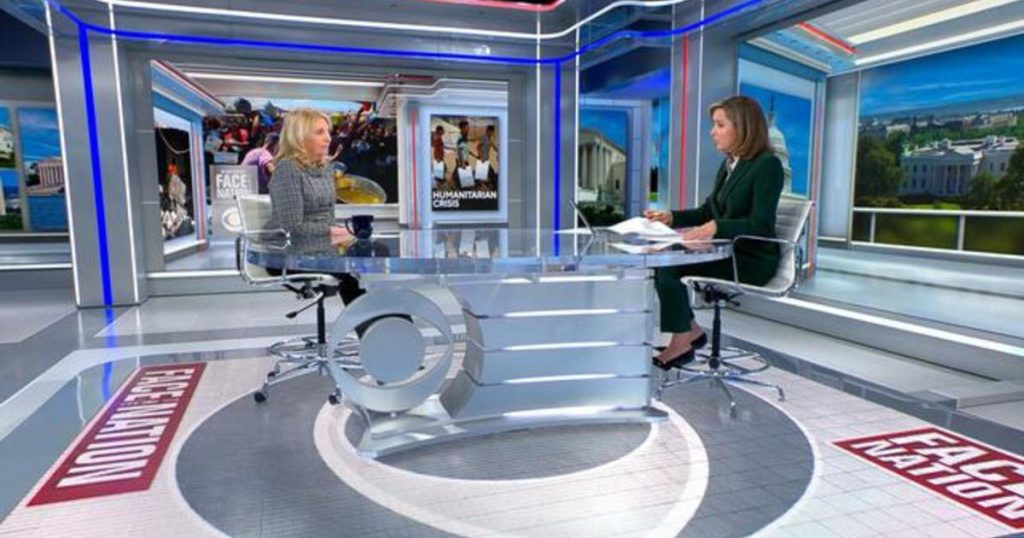In this “Face the Nation” broadcast, House Intelligence Committee chairman Rep. Mike Turner, along with guests Sen. Mark Kelly, Sen. Thom Tillis, Catherine Russell from UNICEF, and Ret. Gen. Frank McKenzie discussed the ongoing conflicts in the Middle East. They touched on Israel’s response to Hamas attacks, President Trump’s visit to Pennsylvania, Vice President Harris’ economic record, and the impact of the war on children in the region.
The discussions revolved around the one-year anniversary of Hamas’ attack on Israel and the escalating conflict in the region. President Trump’s statements about threats on his life by Iran were a focal point, with concerns raised about the level of response from the Biden administration. The possibility of a potential retaliation from Israel on Iran’s nuclear facilities was also a topic of discussion, with concerns about unintended consequences and the risk of triggering Iran to pursue a nuclear weapon.
The impact on children in conflict zones, particularly in Gaza and Lebanon, was highlighted, with reports of malnutrition, lack of access to food, clean water, and medical supplies. UNICEF’s efforts to provide assistance to affected children and the challenges faced in ensuring their well-being were discussed. The urgency of addressing the humanitarian crisis in Sudan, where millions of children are malnourished and out of school, was also emphasized.
General Frank McKenzie provided insights on the military options available to Israel in responding to Iran’s attacks and the potential consequences of various actions. He highlighted the difficulty of targeting Iran’s nuclear facilities and the need to consider alternative targets for a more effective response. The ongoing threats against former President Trump and the motivations behind Iran’s actions were also analyzed, emphasizing the regime’s preservation as a key goal.
Overall, the broadcast shed light on the complexities of the conflicts in the Middle East, the humanitarian challenges faced by children in war-torn regions, and the strategic considerations for potential military responses to ongoing threats. The discussions underscored the importance of international cooperation, humanitarian aid, and diplomatic efforts in addressing these complex issues.


